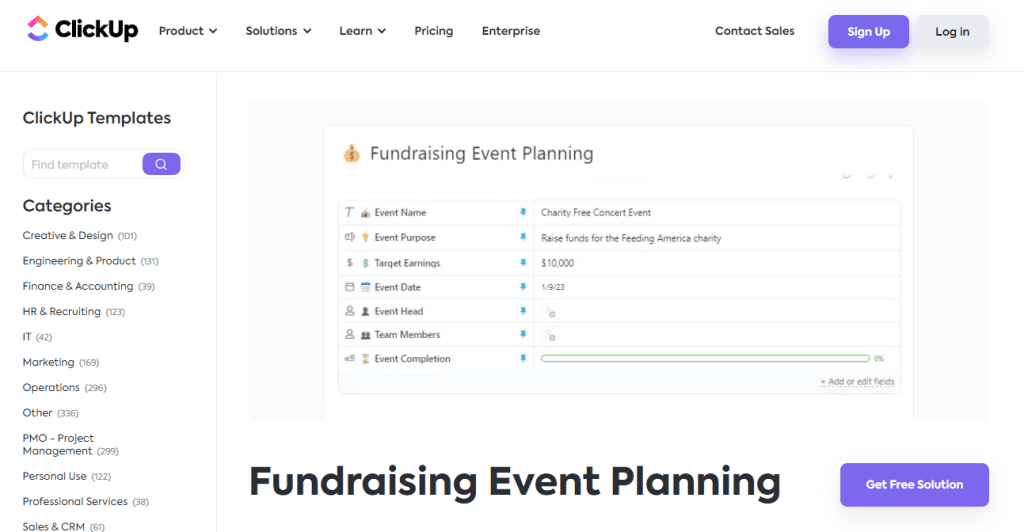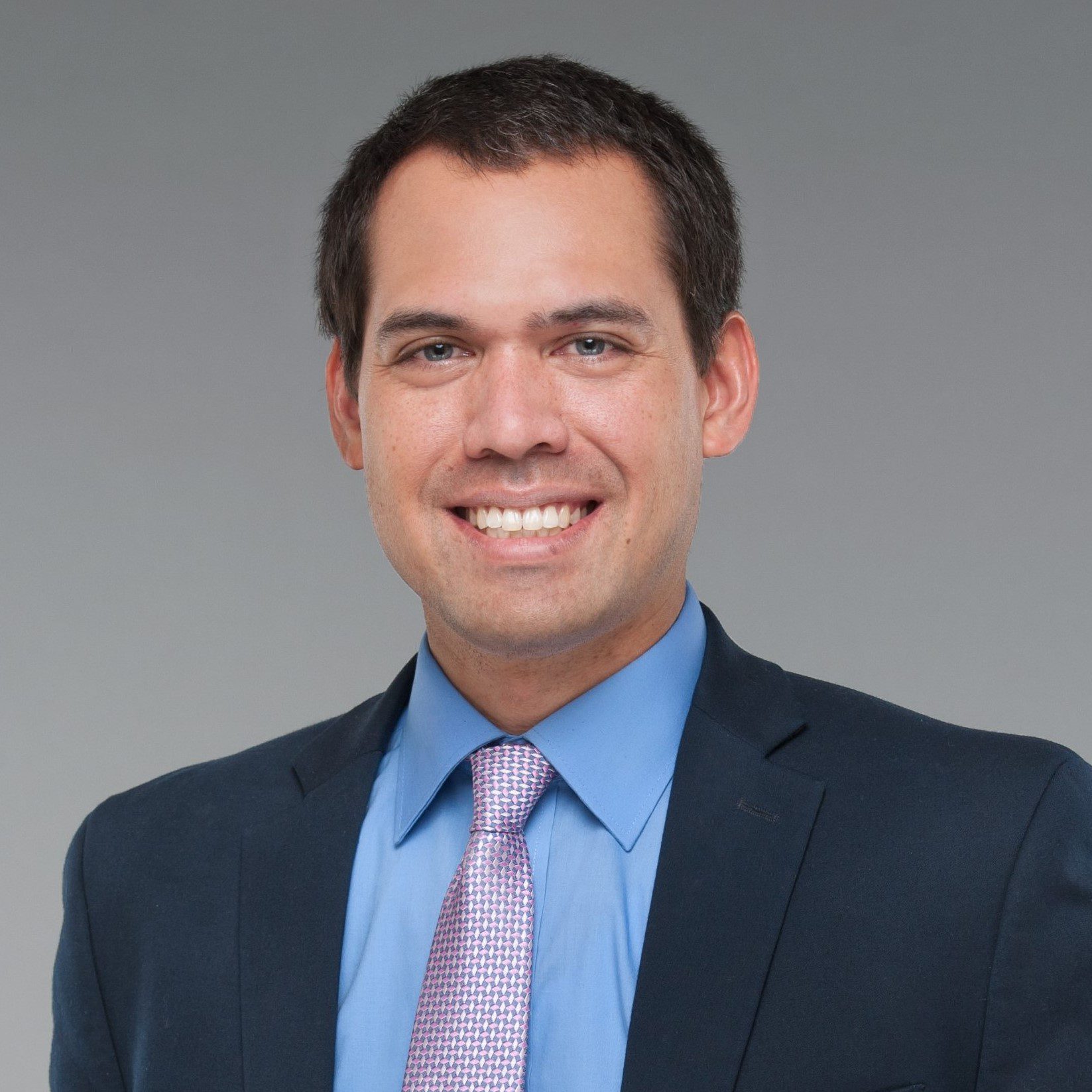
Summary: Tuck Consulting Group Founder and Managing Principal, Alex Tuck, explains how he helps a volunteer-run nonprofit manage its Annual Holiday Mailing in ClickUp.
The Nonprofit
Most people don’t know that prior to starting Tuck Consulting Group, my wife and I founded a nonprofit organization called People Helping People Global. In conjunction with a host of volunteers both here and abroad, we deliver economic empowerment services in Latin America. PHPG is 100% volunteer-run on the state-side with employees in-country.
I’m still serving as the Board President and PHPG has been a pro bono client of Tuck since 2019. The organization has provided over 1,500 microloans to entrepreneurs in Nicaragua and distributed over 600 essential care packages to families in need. Tuck team members have been supporting the mission by providing project management services for PHPG’s fundraisers in Vermont.
If you run a nonprofit that has fiscal need, please check out our pro bono page to learn more about our program.
The Challenge
Since PHPG is 100% volunteer-run, fundraising efforts rely heavily on board and volunteers in the U.S. Because this is not anyone’s day job, the organization needed a simple solution that was easy to use, worked on mobile and web, and allowed for asynchronous collaboration. ClickUp was the clear winner for that, especially since it has a robust free version which the organization has been using for the past couple of years.
Since we are a lean organization and know that every dollar counts, we do a 100% volunteer-powered annual mailing on our own. That means pulling together the target audience from our HubSpot database, buying the materials, writing the letters, printing the envelopes and letters, and stuffing the envelopes to go out to the recipients. The project lasts for over a month, and it requires a ton of coordination.
The Benefits of Using ClickUp to Manage the Nonprofit Mailing
While there are major benefits just to coming up with a plan, writing it down, and tracking it to completion, doing it in ClickUp saves you tons of time and helps you make sure you get your project across the finish line on time. Here are some of my favorite parts of using ClickUp for PHPG’s annual mailing this year.
1. There’s a Fundraising Event Planning Template in the ClickUp Library
One of my favorite things about ClickUp is the Template Library. Before I start to build anything out, I check to see if there’s a template out there that’s worth using. Whether it’s a change management plan, OKR template, or, in our case, a Fundraising Event Planning template, it’s great to not have to start from scratch.
2. Everyone can see what is assigned to them and when they need to complete their tasks
This is the main benefit for most project management softwares, but it’s worth calling out that the transparency is the big benefit of using ClickUp. What is also awesome is that you can see your tasks on a view that works best for you. Whether you like to work off of Lists, Kanban Boards, or Gantt charts, everyone has the option to look at the same data on the view they prefer. As the PM, it was easy for me to see what tasks were assigned to whom and their due dates so I could check in with the assignee ahead of the due date to make sure they were on target.
3. If we had any date slips, we used the built-in Reschedule Dependencies ClickApp to reschedule dependent tasks
The Reschedule Dependencies ClickApp does not come turned on automatically, but it’s one that we make sure to turn on with most Spaces. This is a great feature, because it updates any future task due dates if they are dependent on a task that you have updated dates on.
4. I could save the new project plan as a template for future mailings
This takes us to my favorite thing about ClickUp: Templates! After I create the project plan and before I start using the plan, I make a template out of it, so that I don’t have to go through the process of making it again in the future. What is awesome about ClickUp is that it’s not just limited to List Templates. You can make templates out of entire Spaces, Folders, Tasks, Docs, Views, Checklists, and Whiteboard (basically any object type in ClickUp).
5. We did it on the free version!
PHPG has an annual budget under $50K. It’s a noble cause that impacts real people on a weekly basis. Being able to leverage volunteer power and free versions of tools like ClickUp allow for us to keep our administrative costs down and more dollars go to our programs. If you have small projects that require lightweight collaboration across team members, ClickUp free version can really get the job done. However, if you do need to upgrade, it’s one of the most affordable tools on the market, and ClickUp offers discounts for all nonprofits.
How to Get Started
If you’re not using a task or project management tool to manage your nonprofit’s fundraising activities, then you’re missing out on a big opportunity to save yourself time, improve quality, and avoid a bunch of headaches. What’s great is ClickUp can scale with your organization. You can start on the free version, then as your needs grow, you can upgrade to the right-sized plan for you.
If your organization is under $500K per year in annual budget, we would love to have you apply for our pro bono services, where we can help you get ClickUp set up and maybe even run a few of your projects for free.
If you want to chat about how you can get started or learn more about what we did, you can schedule a call.

Alex Tuck
Founder & Managing Principal
Alex Tuck is the founder and managing principal of Tuck Consulting Group, a firm that specializes in project management consulting for small businesses. After several tenures at large and regional management consulting firms, Alex set out to create a firm that was focused on better client outcomes through diverse teams with less focus on profit realization rates. Through the pandemic, the firm has experienced 15x two-year growth, landing it at #12 on the 2022 Inc. Northeast Regional list and the Forbes Next 1000 list.
In addition to Tuck, Alex has served as a nonprofit board member for several organizations, including a microlending nonprofit he co-founded that operates in Central America. Alex runs his remote-first firm from a farm in Vermont where he lives with his wife and four children. Feel free to reach out to book some time with him.


